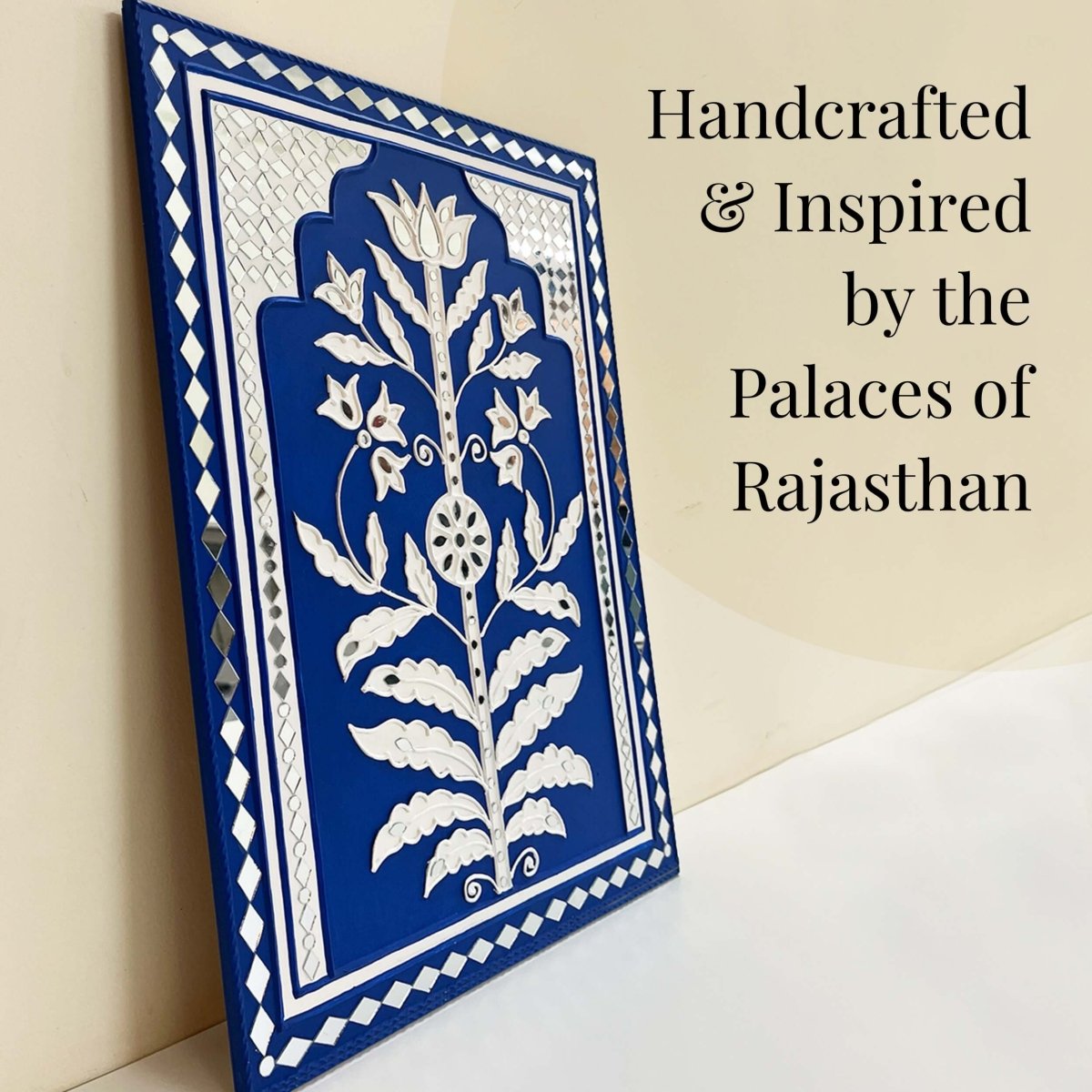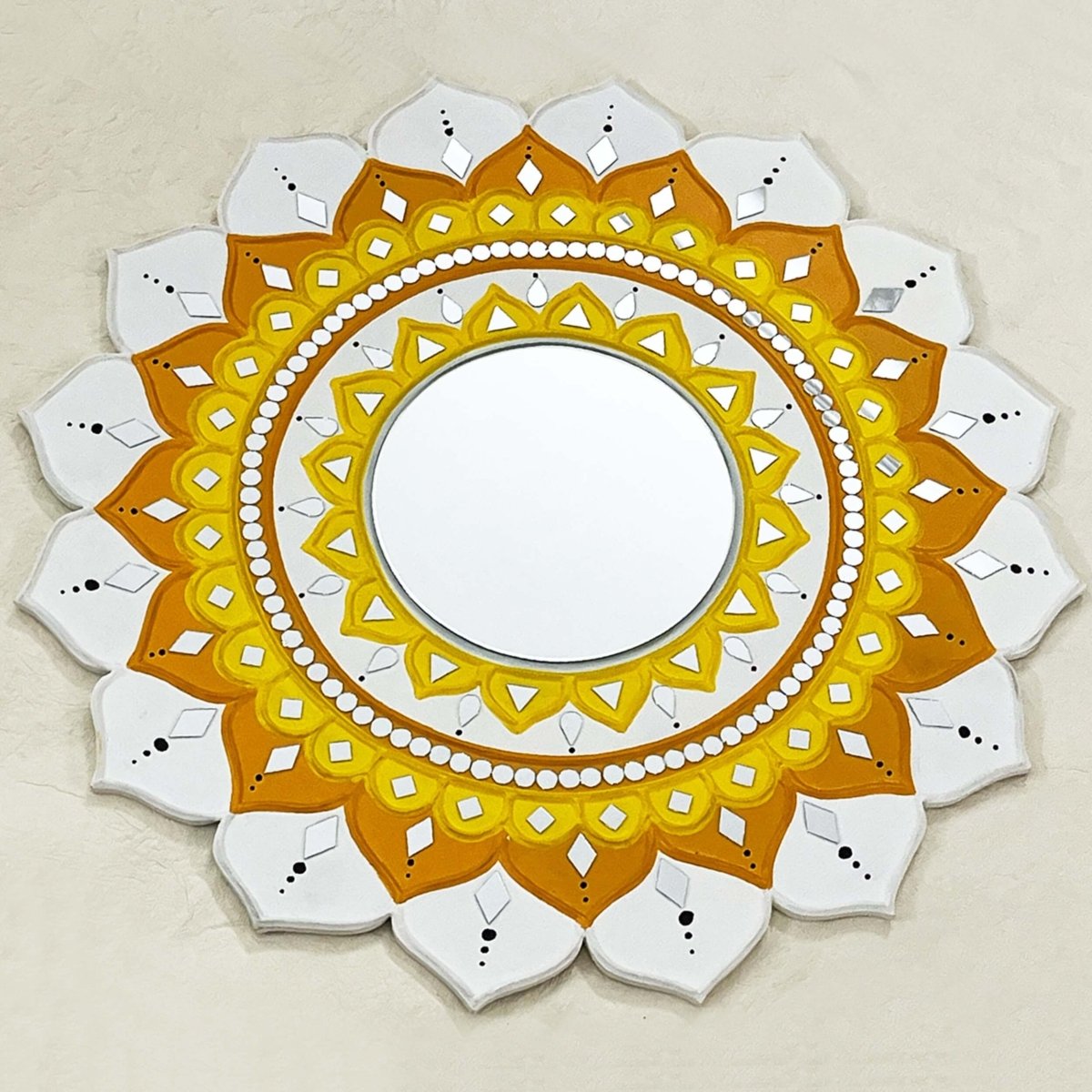Lal Ded: Kashmir’s Rebel Poetess
BOOKMARK
I didn’t believe in it for a moment
But I gulped down the wine of my own voice.
And then I wrestled with the darkness inside me,
Knocked it down, clawed at it, ripped it to shreds.
These words, spoken by Kashmir’s most famous poetess, Lal Ded, are bold yet honest. They are also an apt introduction to a woman who had the courage to break away from a society defined by orthodoxy and prejudice and bridge the gap between faiths and gender.
Lal Ded is today celebrated as a literary great, who defined the modern-day Kashmiri language, but for generations of Kashmiris, she is a spiritual figure whose vakhs (verses or sayings) have been revered for nearly 700 years.
In a state now sadly divided, Lal Ded is equally admired by Hindus and Muslims, who refer to her as Lallesvari and Lalla Arifa, respectively. She is believed to have been born between 1301 and 1320 CE, in the vicinity of modern-day Srinagar, to a Brahmin family. The following period was of great political upheaval in the region.
In 1320, the country was attacked by Zulchu, a Central-Asian chieftain, which led to the downfall of the last Hindu king of Kashmir, Sahadeva. Zulchu is said to have massacred thousands of locals and also forced them to convert to Islam. Once he left, the kingdom was in disarray until there was another attack from Shams-ud-din Shah Mir, an adventurer from Swat (in present-day Pakistan). He went on to found the Shah Mir dynasty, which ruled the region for over two centuries.
Lal Ded grew up in these turbulent times and we can get a glimpse of her life story from her vakhs. After her primary education, she was married at the age of 12, and given a new name, ‘Padmavati’, as was the norm then. However, it wasn’t a very happy marriage, with her mother-in-law constantly mistreating her. One anecdote tells us how Lal Ded was starved. Her mother-in-law put a stone in her plate and then covered it with a thin layer of rice, so that it appeared to outsiders that she had been served a heap of rice.
In another anecdote, one day, Lal Ded’s family was hosting a feast to invoke blessings and prosperity. The neighbours affectionately teased Lal Ded about how she would have a sumptuous meal to eat and shouldn’t forget to share it with them. To this, she replied, “Hand ma’rytan kina hath Lalli nalavath tsali na zanh” (Whether they kill Ram or a lamb, Lalla will get a stone to eat). This is now a popular proverb in Kashmiri.
Lal Ded found little sympathy in her husband, who was blinded by his mother’s accusations against her, including claims that she was cheating on him. His mother had arrived at this conclusion because, every morning, Lal Ded left the house to fill a pot of water from the river and returned only in the evening. What her mother-in-law didn’t know was that, in-between, Lal Ded was spending time at a Shiva temple on the other side of the river. Lal Ded was an ardent devotee.
All in all, it was a miserable life and instead of bearing it all like numerous other young girls of her time did, Lal Ded walked out.
He laughs when you laugh, sneezes in your sleep,
Yawns for you, coughs for you.
He bathes every day in the river of your thoughts.
He’s naked, all year round, and walks where you walk.
Just go up and introduce yourself.
Lal Ded became a wandering mendicant. She also disrobed herself, a sign that she wanted to leave behind the unnecessary baggage of culture and clothing and look forward to dwelling upon the inner self. By now considered a mad mystic due to her actions, she roamed naked, reciting her vakhs.
It was then that she met her Guru, Sant Shrikanta, who helped her in her spiritual journey.
A thousand times at least I asked my Guru
To give Nothingness a name.
Then I gave up. What name can you give
To the source from which all names have sprung?
Lal Ded’s vakhs are among the earliest-known manifestations of Kashmiri literature. In fact, it was her work that laid the foundation of the modern Kashmiri language. In her time, the region had people from all over and of different faiths – Buddhists, Nath yogins, Brahmins, Sufis and Tantrics – and Lal Ded picked up a smattering of words from all of them while on her travels and used them in her vakhs.
The first mention of Lal Ded appears in the Tadhkirat ul-Arifin (1587), a hagiographic account of saintly figures active in the Valley of Kashmir. It was written by Mulla Ali Raina, the brother of Srinagar’s beloved saint, Makhdum Sahib. More than 250 vakhs attributed to Lal Ded are currently in circulation and form an important part of Kashmiri folk tradition and popular culture.
Poet Ranjit Hoskote, who has studied and translated Lal Ded’s work and put together an incisive anthology of her work, says, “Across the expanse of her poetry, the author whose signature these poems carry evolves from a wanderer, uncertain of herself and looking for anchorage in a potentially hostile landscape, into a quester who has found belonging beneath a sky that is continuous with her mind.”
Don’t torture this body with thirst and hunger,
Give it a hand when it stumbles and falls.
To hell with all your vows and prayers:
Just help others through life, there’s no truer worship.
Lal Ded was a rebel and rejected conventional society and attacked its rituals. She was also critical of religious orthodoxy. Her vakhs have underlying thoughts of defiance. Lal Ded died in her 70s, leaving behind a body of work which asks people to look within, think and reflect and liberate themselves from the bondage of society.
Although nothing about her is certain, including the fact that many vakhs credited to her may have additions or deletions and could have been written later, it doesn’t take away from the fact that Lal Ded’s voice set off a resonance that continues to inspire scholars and regular folk even today.
When the sun melts away, the moon remains.
When the moon melts away, the mind remains.
When the mind melts away, what’s left?
Earth, ether, sky, all empty out.
Habba Khatoon: Kashmir’s Poet Queen









